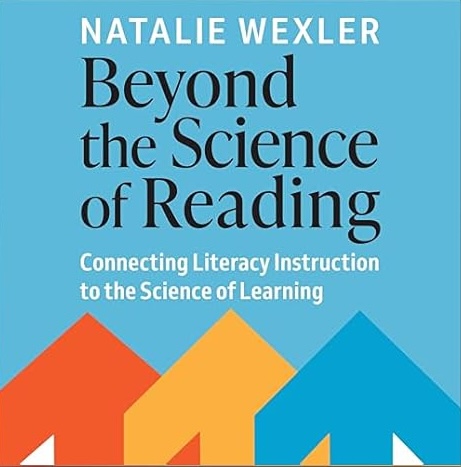
A recent study suggests that 3- and 4-year old children understand as much, and learn as much vocabulary from, digital books as from read-alouds with adults.
This study hasn’t been published–it was presented at a recent conference–so we can’t look at all the details with the specificity that we usually do. (And, skeptics will rightly be concerned that the research was funded by Amazon: a company that might well profit from its conclusions.)
At the same time, the description I’ve linked to sounds plausible and responsible, so I’m not inclined to dismiss this finding out of hand.
The authors’ conclusions conflict with some other findings in related fields. You may remember a recent blog post discussing Daniel Willingham’s conclusion that, on the whole, students learn more from books than from e-readers.
I’ve also been interested in a study by Ackerman and Goldsmith showing that students regulate their learning better with books than e-readers.
But the current study isn’t about college students trying to learn from books; it’s about pre-readers trying to follow a story that’s being read to them. In this one paradigm, the researchers have found that the right kind of e-book can do the job as well as the right kind of adult.






